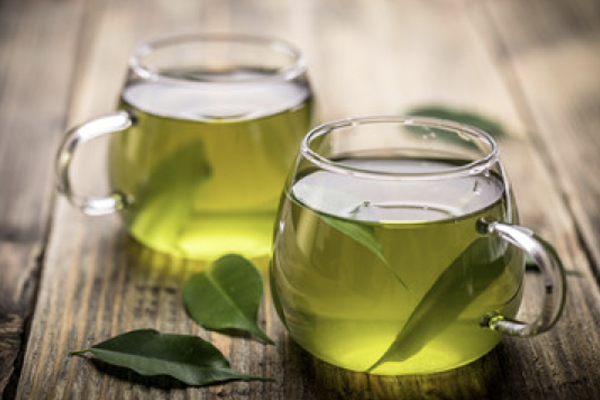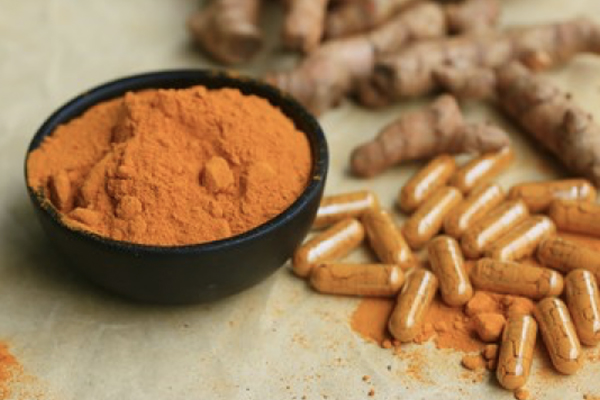Here are some things I often hear people say
‘I take a glucosamine supplement because it’s good for my joints’
‘I use a green lipped mussel supplement to reduce my arthritis’
‘Daily high doses of Vitamin C help boost my immune system’
‘Turmeric is an anti-inflammatory’
‘Vitamin D helps protect against Covid-19,
You might be thinking that this blogpost is where I say whether these things are true. Then I might advise for or against you using some of these and other supplements. But I’m not going to do that. Because in the end I don’t think it helps you to know my opinion without knowing where I got it from. And I think the most helpful thing I could do is explain to you how I go about checking the truth of these statements as best I can. Now that would be useful because then you could make your own mind up about these and many other questions in the future.
Let’s do an experiment with turmeric. Is it really good at reducing inflammation?
- Who says?
‘Who says’ is very important. It could be someone I know, like and trust. They tried it and they’ve never looked back. I can see the improvement in them.
In this situation I’m so pleased that they look and feel better. But how do I know that it’s the turmeric that did that? Maybe when they started taking it other things in their life changed at the same time, perhaps diet or exercise or stress levels. What I’ve got here is an example of one person reporting back on their personal experience with no way of making a judgement on what’s really happening. It’s absolutely true that they feel better. Is it the turmeric? I don’t know. Would it work on me? I have no idea.
- Where did the information come from?
My friend says that they found out about the turmeric from a report on a study that was done. It was in the health section of a reputable newspaper and was shared on Facebook.
I type into Google, ‘Does Turmeric help reduce inflammation?’ and I get a set of really interesting results. Studies are quoted which confirm that turmeric is indeed an anti-inflammatory. Not just one study but several, all confirming that taking turmeric helps. But how do I know how good the studies were? And were there any that said the opposite? Results from a study of 10 people where 8 out of 10 had a good response to turmeric doesn’t tell me as much as a study of 1000 people where only 7 out of 10 did well. With the smaller study they might have just got lucky with their chosen 10. They might even have chosen their 10 deliberately to make the results look good.
- Who stands to gain?
In my Google search I find a study which looks really secure. It’s called ‘Efficacy of Turmeric Extracts and Curcumin for Alleviating the Symptoms of Joint Arthritis’. The main author is called James W Daily. There are lots of participants and very clear results confirming that turmeric reduces inflammation. The study is long with loads of statistics. It’s not an easy read so I scroll down to the end where the acknowledgements are.
It says ‘Author disclosure Statement – James W Daily is the President of Daily Manufacturing, Inc. that manufactures dietary supplements.’ Ooh. That’s not necessarily a good thing. I’ll definitely have to bear that in mind when I’m looking things up. At least they actually disclosed it. There are many where ‘who stands to gain’ is not that clear.
- There’s too much information.
I know. I need to bring together all the different studies, the good and bad, big and small, funded by drugs companies or not. I need to look at them and make a judgement based on all of them put together. Now that sounds like a great idea but I wouldn’t know where to start. How do you find the studies? How do you compare them? I haven’t got time and it seems really difficult. I might just go back to what my friend said in the first place.
This is where we can be smart. There’s a thing called a meta-analysis, or it’s sometimes called a systematic review. These are studies that do exactly what we need and draw all the information together that’s out there. I type into Google, ‘Does turmeric reduce inflammation, meta-analysis and systematic review’. Bingo! There’s not just one, there are several. Here’s one published in August 2019 by the journal Pharmacological Research.
Oral turmeric/curcumin effects on inflammatory markers in chronic inflammatory diseases: A systematic review and meta-analysis of randomized controlled trials https://www.sciencedirect.com/science/article/abs/pii/S1043661818319236?via%3Dihub
Oh! That’s not what I expected.
It’s wordy and complicated. I still have to scroll down through loads of figures to find out what it says. This doesn’t get easier but it does give me a chance to make my own judgement based on what I can find out for myself. Hopefully I’m helping you do the same.
So, after all that, this review says that the evidence so far doesn’t suggest that turmeric works as an anti-inflammatory. But that was 5 years ago. Maybe there have been more studies. Maybe I could look further. Or, now that you know how to do it and if you want to, maybe you could. Or if you want, ask me and I’ll tell you what I know so far. Now my head’s spinning. Shall we just go and get a cup of tea? I heard the other day that green tea can help protect against cancer….


